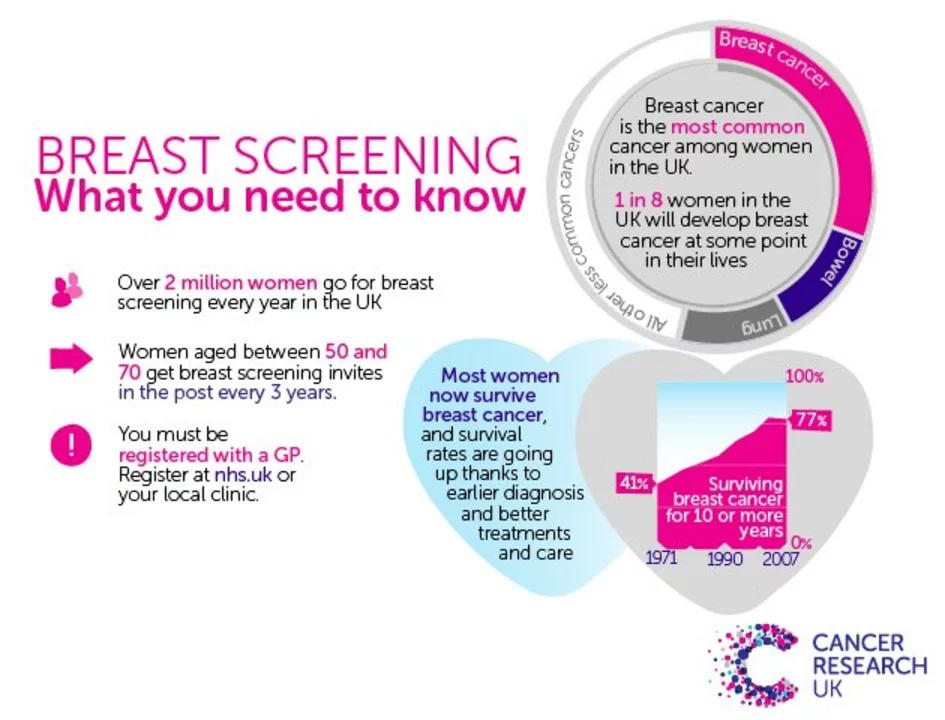Health and Fitness: Practical Tips for Exercise, Recovery, and Medication Effects
Want clear, useful advice on staying active, recovering from illness, and understanding how medicines affect your muscles? This page collects practical tips and real-world ideas you can use today. Read the short sections below for simple routines, safety cues, and when to see a doctor.
Exercise for Breast Cancer Prevention & Recovery
Regular physical activity helps control weight, boosts mood, and supports immune health — all helpful for lowering breast cancer risk and easing recovery. Aim for at least 150 minutes of moderate activity a week, or 75 minutes of brisk effort, split across days so you don’t burn out. Mix cardio like walking or cycling with two strength sessions weekly to maintain muscle and bone strength. Survivors often report less fatigue and better mood when they follow a supervised program; ask your oncology or rehab team about tailored plans. Start slow after treatment: short walks, light resistance bands, and gentle stretching are good first steps. If you feel new pain, dizziness, or swelling, stop and check with your provider.
Medications and Muscle Health: What to Watch For
Some drugs affect muscles, strength, and endurance. Carbimazole, used for hyperthyroidism, can sometimes cause weakness or tired muscles. If you notice unexplained muscle cramps, trouble climbing stairs, or a drop in workout performance, bring it up with your doctor. Blood tests, thyroid checks, and a medication review help find the cause. Don’t stop a prescribed drug on your own — instead ask about dose changes or alternatives. Your provider might suggest physical therapy, adjusted training plans, or nutritional steps like checking vitamin D and protein intake.
Simple habits protect fitness and recovery. Prioritize sleep, eat a balanced plate with protein and vegetables, and stay hydrated. Use progressive overload in training: slowly increase reps or load so your body adapts without injury. For anyone on medications, keep a symptom diary for two weeks to spot patterns between medicine timing and energy dips.
Practical examples: swap one car trip a day for a 20-minute walk; replace a long cardio session with two shorter ones if energy is low; use bodyweight squats and wall push-ups when strength training feels hard. Rehabilitation programs and community exercise classes can offer structure and social support, which boost consistency.
When to get help: unexplained muscle loss, persistent weakness, or new joint pain deserve medical attention. Also seek guidance if treatment limits your ability to exercise safely. With the right plan, most people can improve fitness, manage medication effects, and feel stronger over time.
Try a simple weekly plan: three days of 30-minute moderate cardio, two light strength sessions, and two rest or mobility days. Track sleep, appetite, and mood to spot medication effects. If strength drops, prioritize protein (20–30g per meal) and a vitamin D check. Ask your pharmacist about interactions that affect energy. Small steady steps beat dramatic changes; they keep you safe and build lasting fitness. Join local groups or online forums for motivation and accountability.

As a blogger, I've come to understand the importance of exercise in our lives, especially for women. Recent studies have shown that engaging in regular physical activity can play a significant role in both the prevention and recovery from breast cancer. This is because exercise helps maintain a healthy body weight and boosts the immune system, which can lower the risk of developing the disease. Additionally, it has been proven that exercise can improve mood and energy levels, which are crucial factors in the recovery process. So ladies, let's get moving and take charge of our health!
Continue Reading

In my recent research, I delved into the effects of Carbimazole on muscle health, specifically focusing on strength and endurance. Carbimazole, commonly used to treat hyperthyroidism, can potentially impact our muscles in various ways. I discovered that it may lead to muscle weakness and reduced endurance, affecting our overall physical performance. Additionally, Carbimazole may cause alterations in muscle fibers and metabolism, further impacting muscle function. It's essential to be aware of these potential side effects and consult with a healthcare professional if you're on Carbimazole and experiencing any muscle-related issues.
Continue Reading






